Investing can feel overwhelming, especially with the sheer number of options available. Two of the most popular choices for both beginners and seasoned investors are index funds and exchange-traded funds (ETFs). While they share many similarities, there are key differences that can impact your investment strategy. In this article, we’ll break down what each option offers, its pros and cons, and help you decide which might be the best fit for your financial goals.
Introduction
The world of investing is filled with jargon, but two terms you’ll hear often are “index funds” and “ETFs.” Both are designed to make investing easier and more affordable, but they aren’t identical. Understanding the nuances between them can help you make smarter decisions and potentially grow your wealth more efficiently.
As John C. Bogle, founder of Vanguard and a pioneer of index investing, once said:
“Don’t look for the needle in the haystack. Just buy the haystack!”
But should you buy the haystack as an index fund or as an ETF? Let’s dive in.
What Are Index Funds?
Index funds are mutual funds designed to track the performance of a specific market index, such as the S&P 500 or the Dow Jones Industrial Average. When you invest in an index fund, your money is pooled with other investors to buy a broad selection of stocks or bonds that mirror the chosen index.

Key Features of Index Funds:
- Passive Management: Index funds are not actively managed. Instead, they aim to replicate the performance of a market index.
- Minimum Investment: Many index funds require a minimum investment, which can range from $500 to several thousand dollars.
- Trading: Index funds are bought and sold at the end of the trading day at the fund’s net asset value (NAV).
What Are ETFs?
Exchange-traded funds (ETFs) are similar to index funds in that they often track a specific index. However, ETFs are traded on stock exchanges, just like individual stocks.
Key Features of ETFs:
- Flexibility: ETFs can be bought and sold throughout the trading day at market prices, which can fluctuate.
- Lower Minimums: You can buy as little as one share of an ETF, making them accessible to investors with limited capital.
- Tax Efficiency: ETFs are generally more tax-efficient due to their unique structure, which allows for in-kind redemptions.
Comparing Index Funds and ETFs
Let’s break down the main differences and similarities between index funds and ETFs:
| Feature | Index Funds | ETFs |
|---|---|---|
| Trading | End of day (NAV) | Throughout the day (market price) |
| Minimum Investment | Often higher | As low as one share |
| Fees | Low, but sometimes higher than ETFs | Typically very low |
| Tax Efficiency | Less tax-efficient | More tax-efficient |
| Automatic Investing | Easy to set up | Less common, but possible |
| Liquidity | Less liquid | Highly liquid |
Pros and Cons
Index Funds:
Pros:
- Simple to understand and manage.
- Great for automatic investing (e.g., monthly contributions).
- No need to worry about intraday price fluctuations.
Cons:
- Higher minimum investment requirements.
- Less tax-efficient compared to ETFs.
- Trades only at the end of the day.
ETFs:
Pros:
- Can be traded like stocks throughout the day.
- Lower minimum investment.
- Generally more tax-efficient.
- Often lower expense ratios.
Cons:
- May incur brokerage commissions (though many brokers now offer commission-free ETFs).
- Prices can fluctuate during the day, which may be confusing for beginners.
- Automatic investing can be more complicated.
Which Should You Choose?
The right choice depends on your personal preferences, investment goals, and how you plan to manage your portfolio.
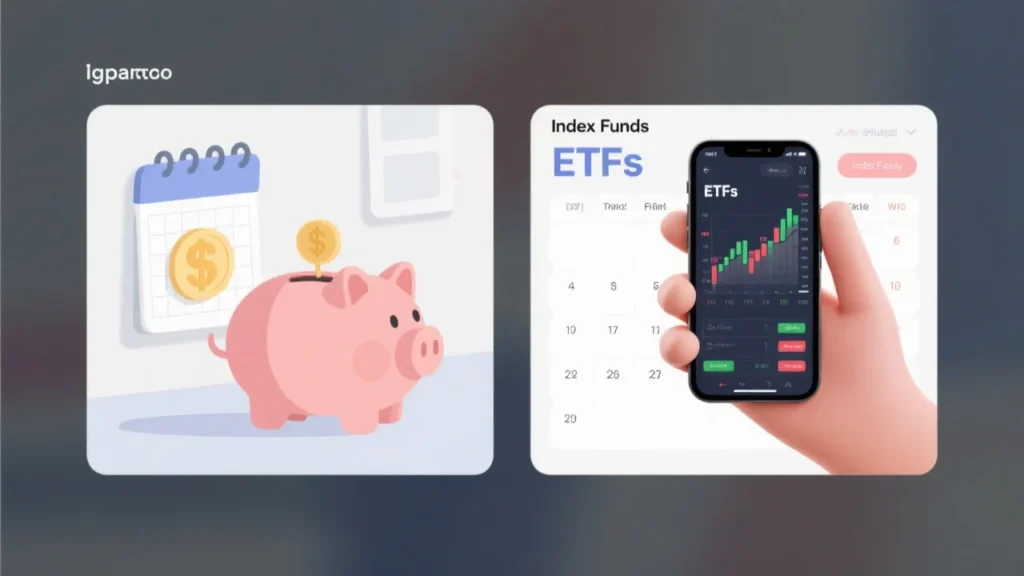
- If you prefer simplicity and want to set up automatic investments: Index funds may be the better choice. They’re ideal for “set it and forget it” investors who want to contribute regularly without worrying about market timing.
- If you want flexibility, lower costs, and tax efficiency: ETFs are likely the better option. They’re ideal for investors who wish to trade during the day, have limited capital, or seek tax advantages.
As financial advisor Suze Orman puts it:
“The key to making money in stocks is not to get scared out of them.”
Both index funds and ETFs can help you stay invested for the long term, which is the most important factor in building wealth.
Conclusion
Both index funds and ETFs offer low-cost, diversified ways to invest in the market. The best choice for you depends on your investment style, goals, and preferences. If you value simplicity and automation, index funds are a solid pick. If you want flexibility, lower costs, and tax efficiency, ETFs might be your best bet.
No matter which you choose, the most important step is to start investing and stay consistent. Over time, the power of compounding and market growth can help you achieve your financial goals.

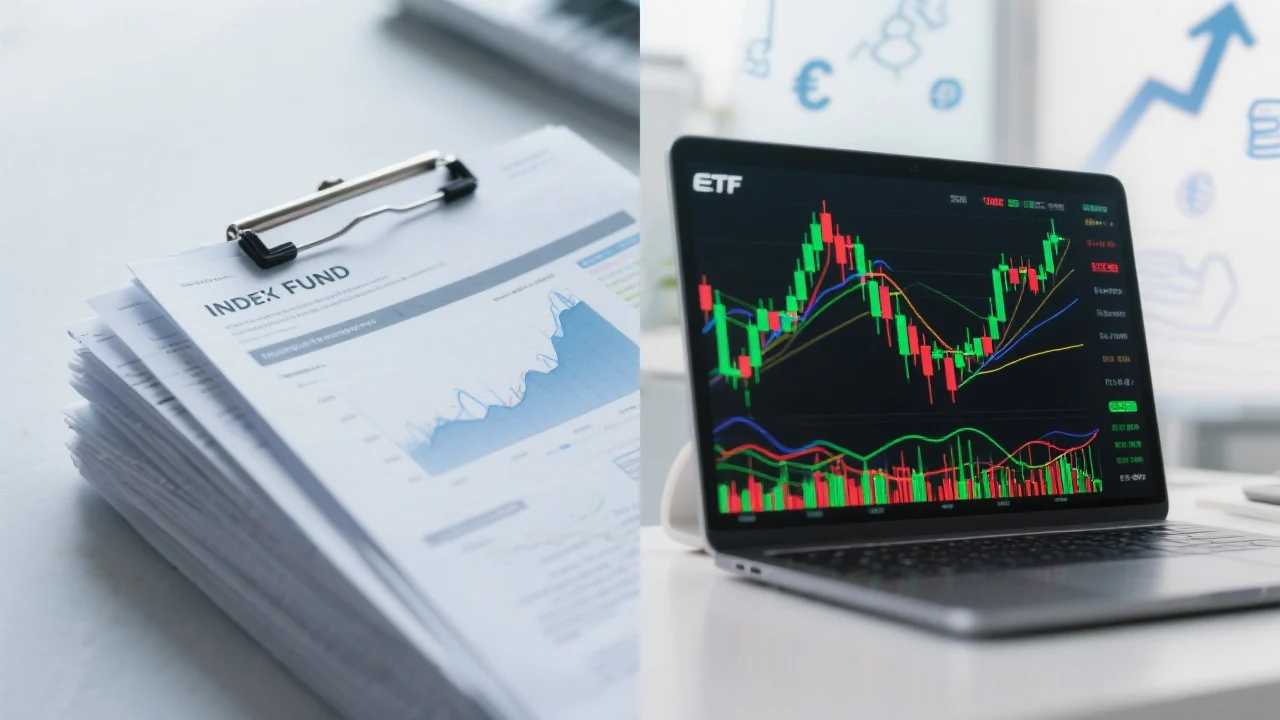
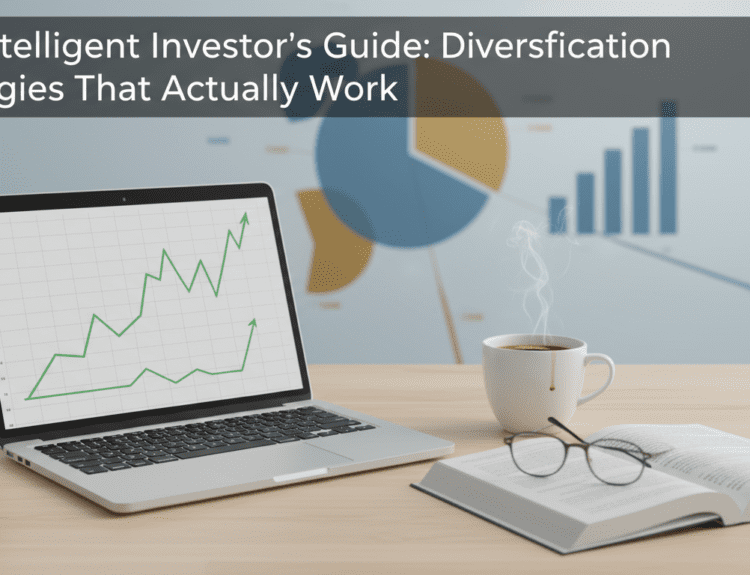


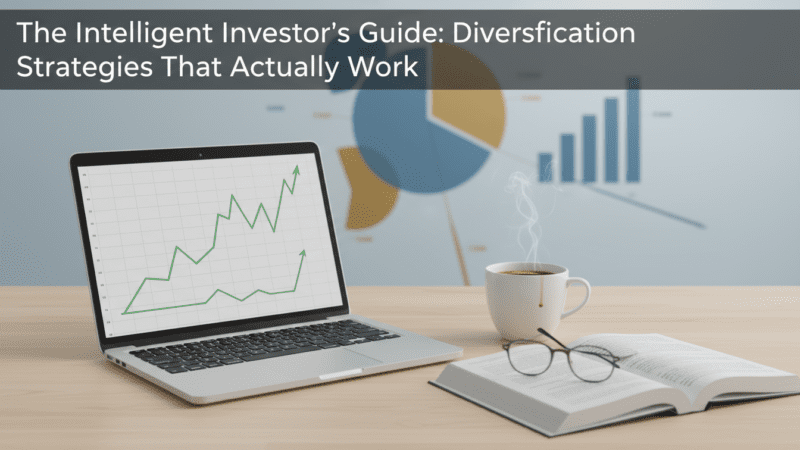

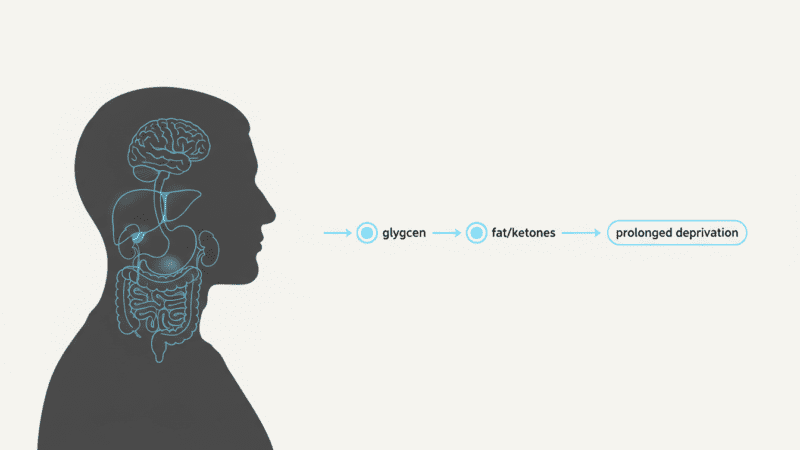


[…] can’t invest directly in the index. Still, you can invest in exchange-traded funds (ETFs) and mutual funds that track their performance, such as the Invesco QQQ Trust (QQQ) for the […]